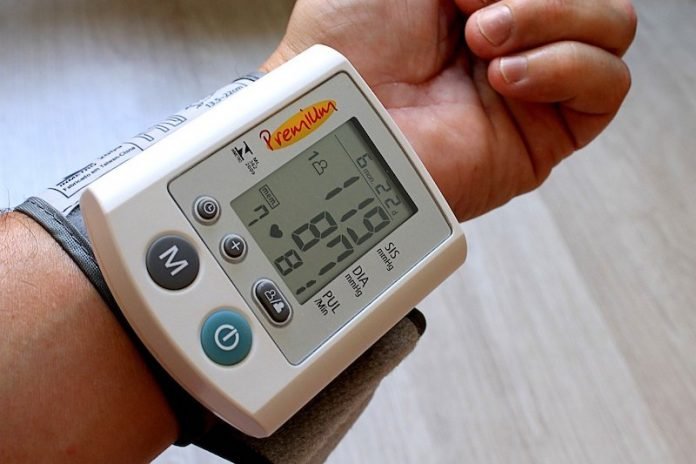
In a new study, researchers have found associations among disrupted sleep, elevated blood pressure, and changes in the gut microbiome.
The research was conducted by a team at the University of Illinois Chicago.
Previous research has shown that working at night can cause problems with your health, and the data suggest that staying awake all night can lead to high blood pressure, and, in some cases, eventually to heart disease, but it’s not clear what mechanisms underlie the development of these conditions.
The team aimed to determine whether a 28-day period of disrupted sleep changed the microbiota in rats. The gut microbiota refers to the collection of microorganisms living in the intestines.
The researchers also sought to identify biological features linked to undesirable arterial blood pressure changes.
Using rats, the researcher disrupted their sleep periods. Rats are nocturnal, so the experiments were designed to interfere with their daytime sleep periods.
Telemetry transmitters measured the rats’ brain activity, blood pressure, and heart rate. Fecal matter also was analyzed to examine changes in the microbial content.
The team found when rats had an abnormal sleep schedule, an increase in blood pressure developed — the blood pressure remained elevated even when they could return to normal sleep.
This suggests that dysfunctional sleep impairs the body for a sustained period.
Undesirable changes also were found in the gut microbiome — the genetic material of all bacteria living in the colon.
The gut microbiome changes did not happen immediately but instead took a week to show unfavorable responses such as an imbalance among different types of bacteria including an increase in microbes associated with inflammation.
This was initial research, and studies will continue to examine pathways involving the gut microbiome and metabolites produced by gut bacteria.
The researchers will see exactly how sleep is changed and how long blood pressure and gut microbiome alterations persist.
Researchers will then determine how this information translates to humans.
They hope to find an intervention that can help people who are at risk for cardiovascular disease because of their work and sleep schedules.
People will always have responsibilities that interrupt their sleep. We want to be able to reduce their risk by targeting the microbiome with new therapies or dietary changes.
One author of the study is Katherine A. Maki.
The study is published in Physiological Genomics.
Copyright © 2020 Knowridge Science Report. All rights reserved.



